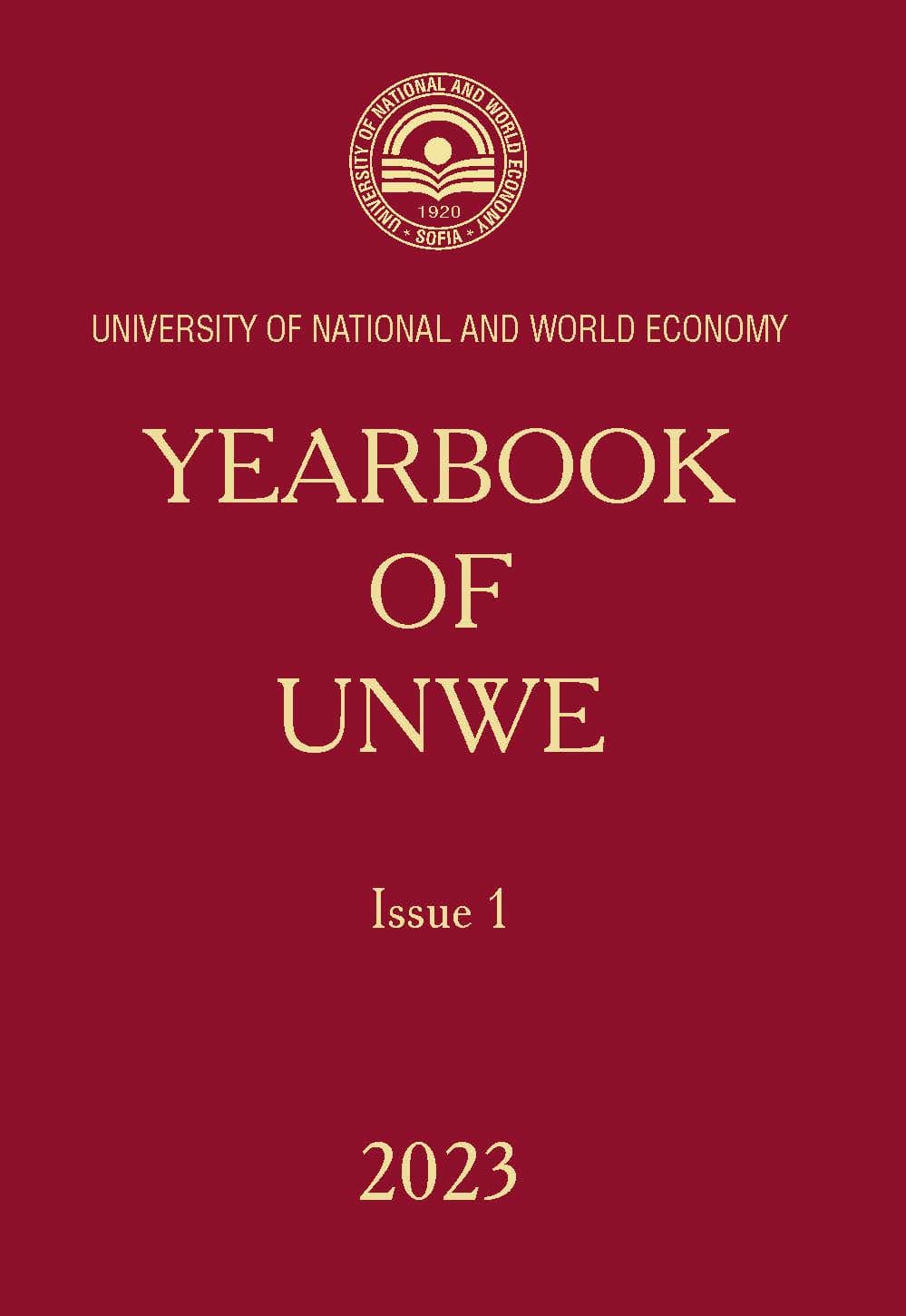Improving Freight Exchange Business Models – Considerations and Recommendations
Improving Freight Exchange Business Models – Considerations and Recommendations
Author(s): Christina NikolovaSubject(s): Economy, Business Economy / Management, ICT Information and Communications Technologies, Transport / Logistics
Published by: Университет за национално и световно стопанство (УНСС)
Keywords: digitalization in transport; freight exchange platforms; business models; e marketplace
Summary/Abstract: The article delves into the economic and business considerations of implementing freight exchange platforms. It emphasises the importance of developing such platforms to accomplish the European Transport Policy Goals, foster eco-friendly transport, and create a sustainable freight transport industry. To assess the viability of current platforms, it is essential to establish suitable institutional, financial, and business structures. To establish a successful transport business, it is crucial to identify all potential stakeholders affected by the business operations. This includes customers, suppliers, employees, and local communities. Once identified, it is important to analyse the interests and needs of each stakeholder group to incorporate them into the business models. This could involve adapting the business strategy to meet the unique requirements of each stakeholder group or finding ways to align the interests of all stakeholders. The transport business can establish a strong foundation for sustainable growth and long-term success by prioritising stakeholder engagement and incorporating their interests into the business models. Through retrospective analysis, comparative and content analysis, and generalizations, the study sought to enhance the business models of freight exchange platforms. The article presents an overview of the most used freight exchange platforms in Bulgaria, along with their specific functionalities and applicable business models. These research findings provide reliable evidence for making well-informed decisions regarding the future development of existing and new freight exchange platforms and motivated recommendations for adopting new business models that align with stakeholders’ needs. The article culminates with a comprehensive framework for implementing business models. Upon scrutinising the framework’s five key components, appropriate e-commerce models for various freight exchange platform priority areas are structured, and potential enhancements are suggested. The research on viable business models is delineated, and effective methodologies for economic analysis, such as data collection and processing via surveys, interviews, and simulation modelling, are summarized.
Journal: Годишник на УНСС
- Issue Year: 1/2023
- Issue No: 1
- Page Range: 31-53
- Page Count: 23
- Language: English

